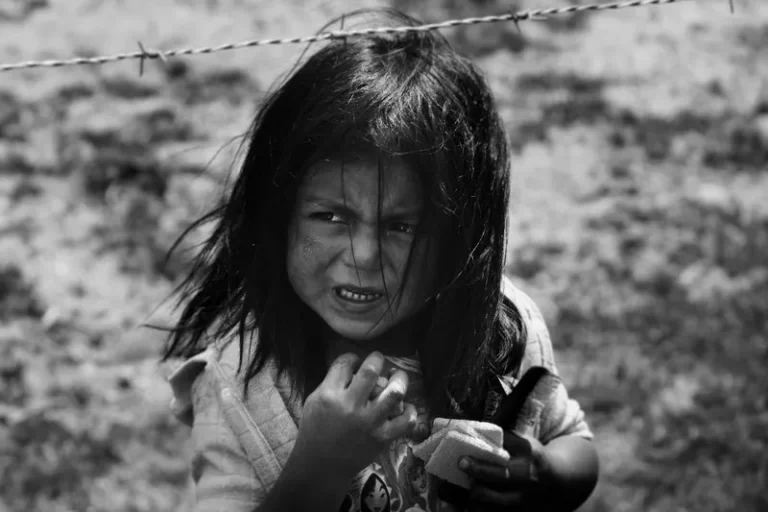
What is Genocide?
Genocide, as a sociological and historical phenomenon, represents one of the most extreme forms of collective violence, aimed at the intentional and systematic destruction of an ethnic, racial, religious, or national group. The term "genocide" was coined by Raphael Lemkin in 1944, combining the Greek word "genos" (race or tribe) and the Latin "cide" (to kill).








